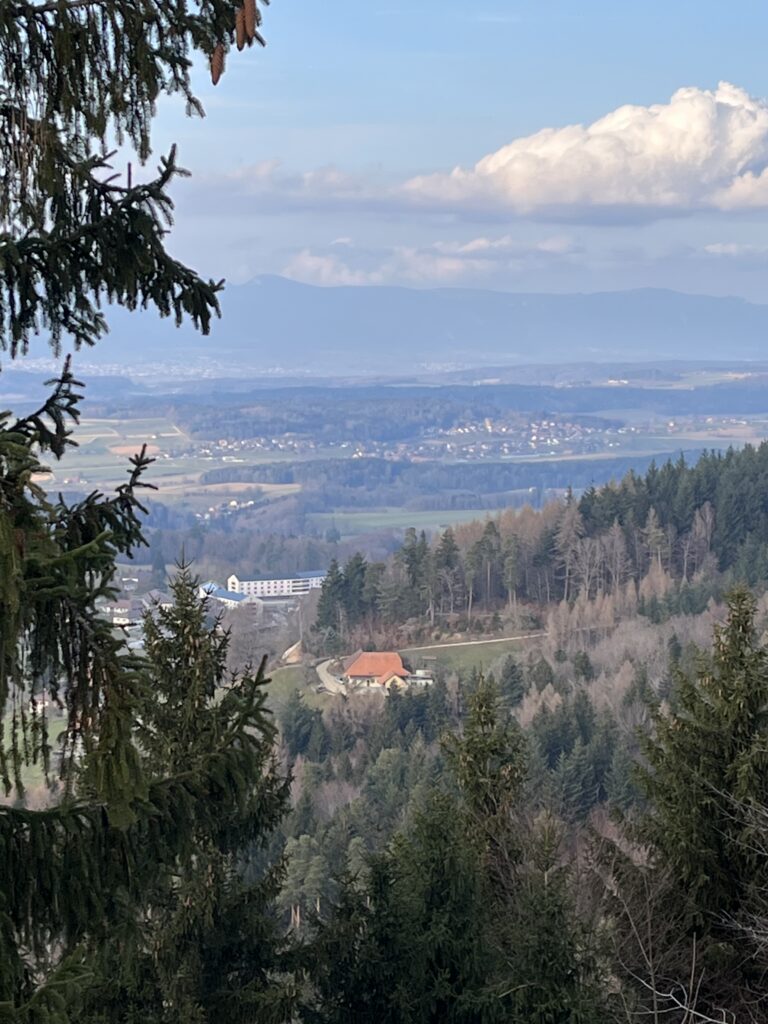“And so we have the prophetic word made more sure, to which you do well to pay attention as to a lamp shining in a dark place, until the day dawns and the morning star arises in your hearts.” 2 Pet 1:19
We need the right words – words that are sure and reliable. Those words come from God. The two books of Kings is just that. It is a history of the comings and goings of these leaders. Some were reluctant and others committed murder to get the job of King. All of these men fell into one of two categories; the ones who followed the one true God and those who followed the other gods. Most Americans have heard of the Ten Commandments. Numero uno is, thou shalt have no other gods before me. The next is, thou shalt not make unto thee any graven image. It is mentioned early on and suggests it is a big deal to God. After sorting all of the kings into the two categories there is one other difference. Some of the kings followed God and tore down the “high places” and others followed God and let the “high places” remain. Why? Let’s look at 2 Kings 15:1-6, dedicated to the telling of Azariah, king of Judah. “In the twenty-seventh year of Jeroboam king of Israel, Azariah son of Amaziah king of Judah became King. He was sixteen years old when he became king, and he reigned fifty-two years in Jerusalem; and his mother’s name was Jecoliah of Jerusalem, And he did right in the sight of the Lord, according to all that his father Amaziah had done. Only the high places were not taken away; the people still sacrificed and burned incense on the high places, And the Lord struck the king, so that he was a leper to the day of his death. And he lived in a separate house, while Jotham the king’s son was over the household, judging the people of the land. Now the rest of the acts of Zariah and all that he did, are they not written in the Book of the Chronicles of the Kings of Judah?”
This account is repeated over and over in the period of kings. The high places were elevated parts of the landscape – sometimes man-made – on which altars were placed and worship was carried out. They were places of idolatry where other gods were worshiped and graven images honored. Why? Were they beautiful? Historical? Forgotten? Or did Azariah, and others like him, leave it to the people to choose who to worship? Did the king leave stumbling blocks on the hilltops? Was he being politically correct, concerned about equity, or unable to lead in the most important way? Is the church doing the same thing by going quiet when we should speak up to defend what God says is important in His word?
Heb 1:1-2 references “God, after He spoke long ago (history) to the fathers in the prophets in many portions and in many ways (lots of words) , in these last days (now) has spoken to us in His Son, whom He appointed heir of all things, through whom also He made the world.” We are the church and Jesus is the voice. “My sheep hear My voice, and I know them, and they follow Me;”, John 10:27. We are called to TEAR DOWN the high places – anything opposed to the worship of our one true God. I can’t tell you how to do this but I know it’s right. Don’t be like the other kings.

